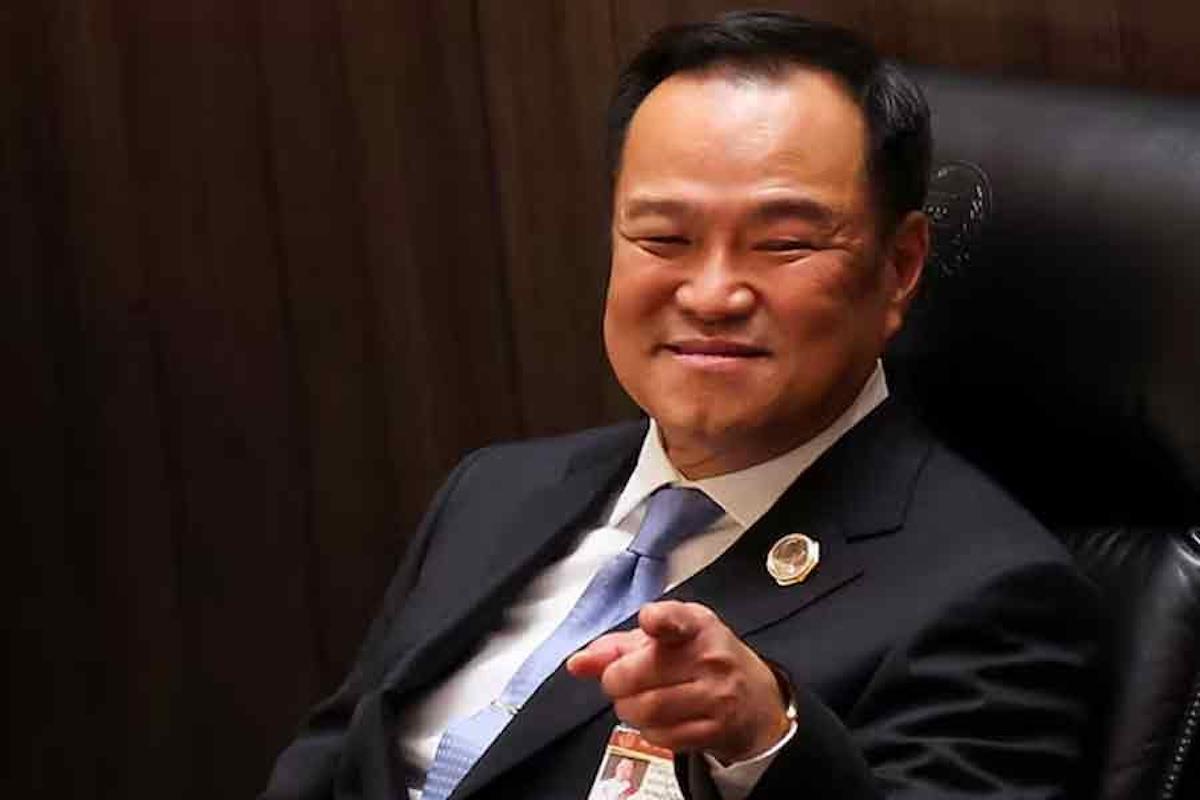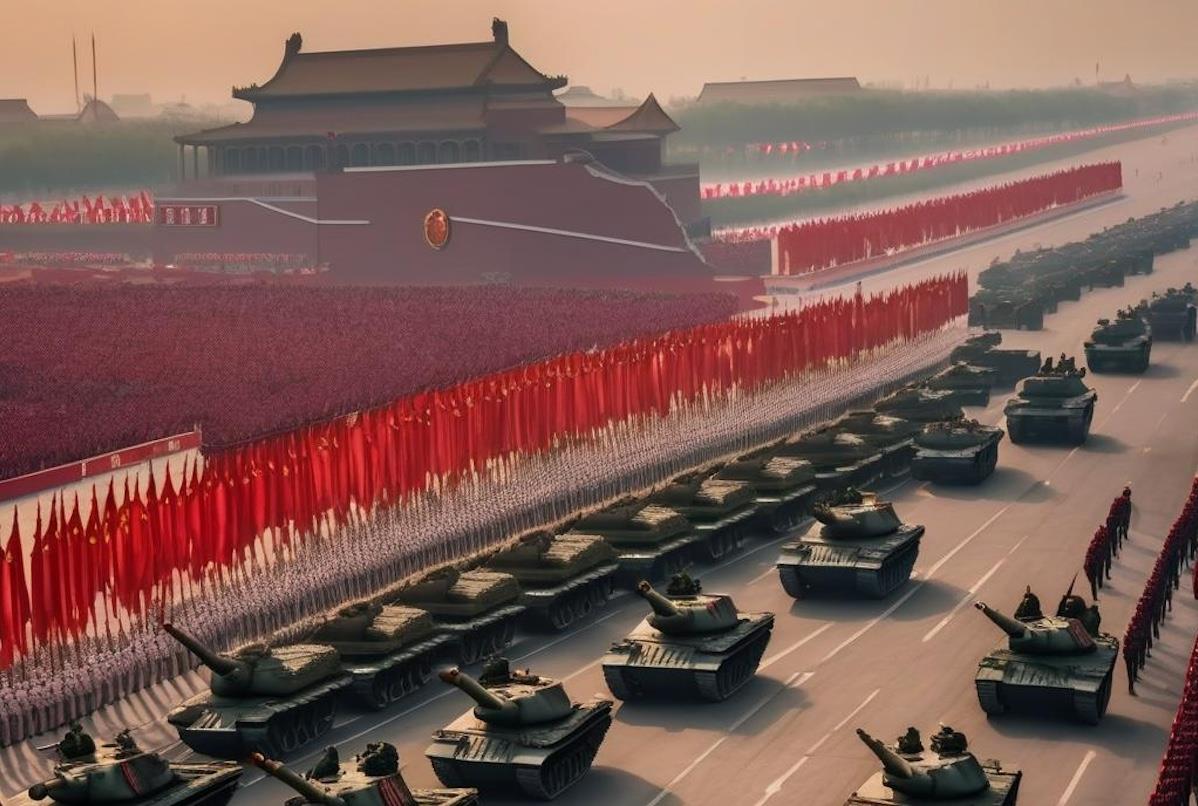
Anutin's Rise Shows Power Of Pragmatism In Thailand
On September 5, Anutin Charnvirakul took the oath of office, ending weeks of crisis that saw the collapse of Paetongtarn Shinawatra 's government. His rise was not the product of a sweeping electoral mandate or a decisive reform agenda.
It was, instead, a triumph of opportunism - carefully timed, ruthlessly pragmatic and deeply illustrative of the enduring patterns of Thai politics.
At 58, Anutin is no stranger to power. He is a seasoned insider, born into wealth, raised in proximity to politics, and skilled at maneuvering through the minefields of Thailand's polarized landscape.
For more than two decades, that landscape has been dominated by a bitter contest: on one side, the populist legacy of former Prime Minister Thaksin Shinawatra , beloved by rural voters; on the other, the royalist-military establishment determined to keep that populism in check. Most politicians have been forced to choose sides. Anutin has repeatedly chosen both.
His career reads like a manual in political adaptation. He began in the 1990s, aligned himself with Thaksin in the early 2000s, survived the 2006 coup by retreating to business, returned as leader of the Bhumjaithai Party , and by 2019 was kingmaker to Prayut Chan-ocha - Thaksin's longtime adversary.
By 2023, he was comfortably seated in a coalition led by Thaksin's own party, serving as deputy prime minister and interior minister. Now, after a scandal forced Paetongtarn from office, Anutin has stepped into the top job. Each shift was not an ideological journey but a strategic calculation.
Thailand is hardly unique in rewarding such agility. History offers plenty of examples where survival demands political flexibility. Italy in the post-war era cycled through dozens of governments as parties formed and dissolved coalitions.
Japan's Liberal Democratic Party mastered internal factionalism as a form of continuity amid constant leadership changes. But Thailand's volatility is distinctive for its fusion of formal democracy, informal military veto power and a monarchy whose influence remains politically potent though constitutionally restrained.
The episode that brought Anutin to power underscores this volatility. Paetongtarn's offhand comments in a phone call with Cambodian Senate President Hun Sen - later leaked - touched on border tensions and insulted a senior Thai general. Public fury followed.

Legal Disclaimer:
MENAFN provides the
information “as is” without warranty of any kind. We do not accept
any responsibility or liability for the accuracy, content, images,
videos, licenses, completeness, legality, or reliability of the information
contained in this article. If you have any complaints or copyright
issues related to this article, kindly contact the provider above.






















Comments
No comment